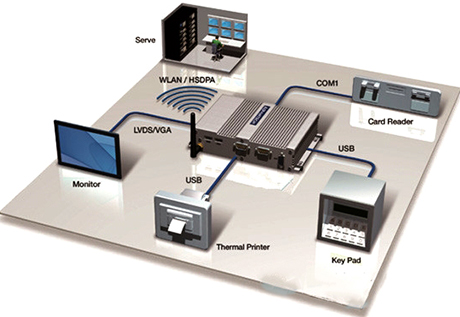
Engineering Automation
Industrial automation technology is the use of control theory, instrumentation, computers and other information technology to detect, control, optimize, schedule, manage and make decisions on industrial processes. Comprehensive high-tech for the purpose of increasing production, improving quality, reducing consumption, and ensuring safety, including industrial automation software, hardware and systems. As one of the important technologies in the modern manufacturing field of the 20th century, industrial automation technology mainly solves the problems of production efficiency and consistency. Regardless of high-speed, high-volume manufacturing companies or the pursuit of flexible, flexible and customized businesses, they must rely on the application of automation technology.
The automation system itself does not directly create benefits, but it does a significant boost to the production process:
(1) Improve the safety of the production process;
(2) Improve productivity;
(3) Improve product quality;
(4) Reduce raw materials and energy consumption in the production process.

According to statistics from international authoritative consulting organizations, the ratio of output to automation systems and business benefits is between 1:4 and 1:6. Especially in capital-intensive enterprises, the automation system accounts for less than 10% of the total investment of the equipment, and plays the role of “four or two.” The traditional industrial automation system, namely the mechatronics system, mainly controls the equipment and the production process, that is, the hardware elements such as the mechanical body, the power part, the test sensing part, the actuator, the driving part, the control and signal processing unit, and the interface. Guided by the purposeful information flow of software programs and electronic circuit logic, they coordinate, organically integrate and integrate to form an orderly regular movement of matter and energy to form an industrial automation system or product.
In the field of industrial automation, the traditional control system has undergone the following basic pneumatic instrument control system, electric unit combined analog instrument control system, centralized digital control system and distributed The development history of the control system DCS.
With the development of technologies such as control technology, computers, communications, and networks, the field of information interaction is rapidly covering all levels from the field device level of the factory to the control and management. Industrial control machine system generally refers to the general term for automation technology tools (including automatic measuring instruments and control devices) for measuring and controlling industrial production processes and their electromechanical equipment and process equipment. Today, the simplest understanding of automation has also been transformed into the use of generalized machines (including computers) to partially replace or completely replace or exceed human physical strength.
Apps
Factory automation, CNC machine tools, energy/coal mining, complete support systems, industrial control solutions, remote monitoring systems, test and measurement, home automation

